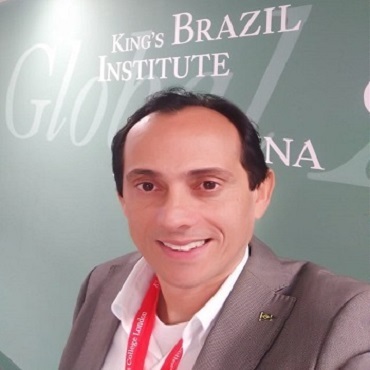Scientific Program

Jose Helano Matos Nogueira
Brazilian Federal Police, Brazil
Title: Forensic intelligence and its application
Biography:
Abstract
The forensic activities have evolved over time, many strategies, plans, and frameworks have been proposed in order to mitigate the complexity of forensic work and absence of resources to effectively well develop the crime combat and criminal persecution which reflects the constantly changing landscape within which forensic sciences operate. The forensic intelligence is still relatively new in the field of forensic science and the advances in Criminalistics requires innovative techniques, methods, and strategies to combat local, regional, national, international crimes. This article provides an in-depth case study at Brazilian Federal Police in order to help academics, forensic scientists, forensic experts, police officers, managers, and policymakers to establish a holistic understanding and a realistic discussion that advances the frontiers of the forensic science.
- HIV/AIDS and Retroviral Diseases
- HIV Related Infections, Co-infections & Cancers
- Stigma, Discrimination and Lived Experience With HIV
- HIV relation with Cardiovascular diseases and Aging
- HIV Diagnosis and Therapy
- HIV Drug Discovery, Research & Vaccines
- Viral, Bacterial, Fungal & Protozoan STDs
- Advocacy & Community Engagement in HIV Research
- Immunology and Infertility of STDs/STIs
- Recent Advancement in HIV/AIDS, STDs and STIs
- Current Focus in Virology Research

